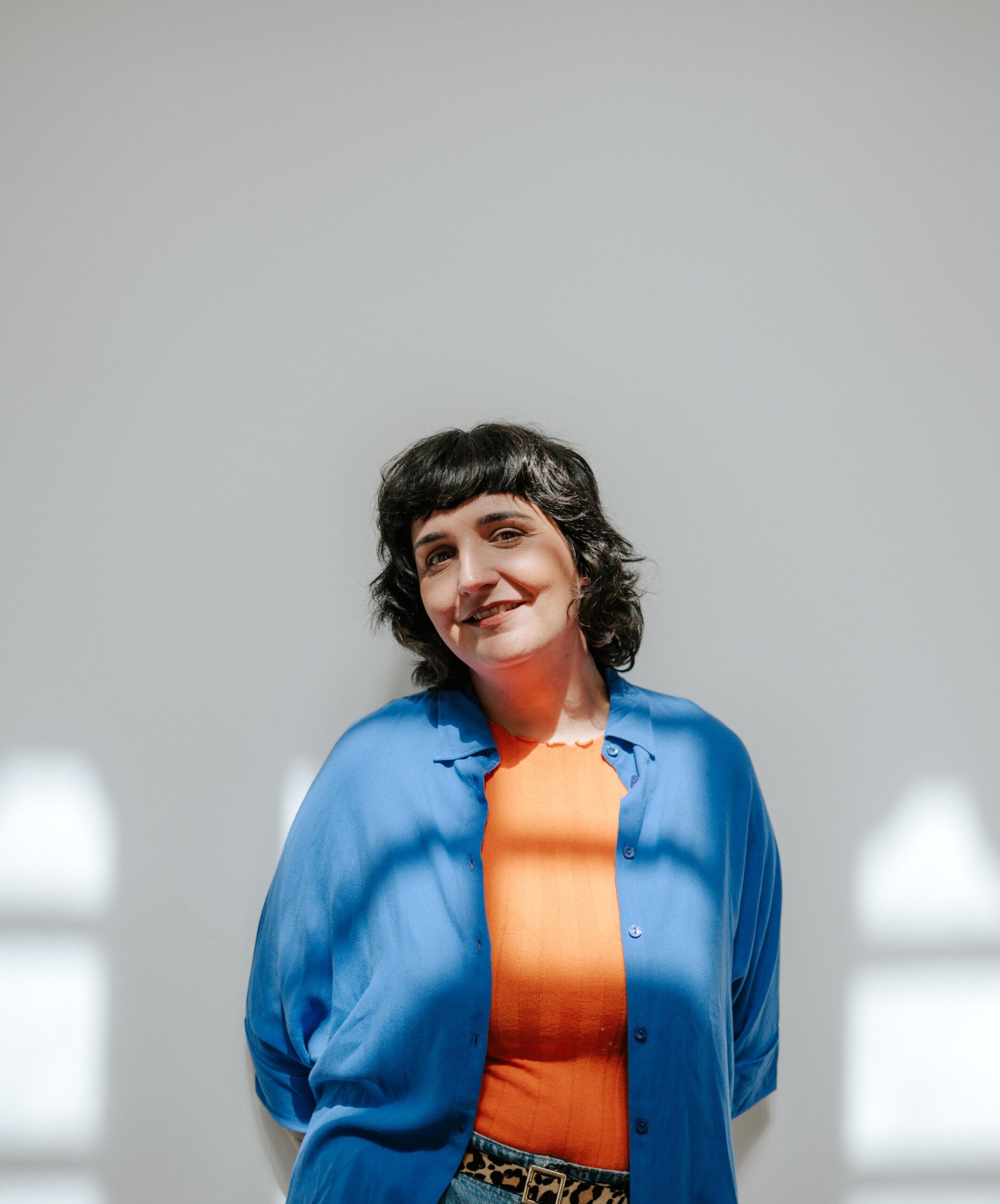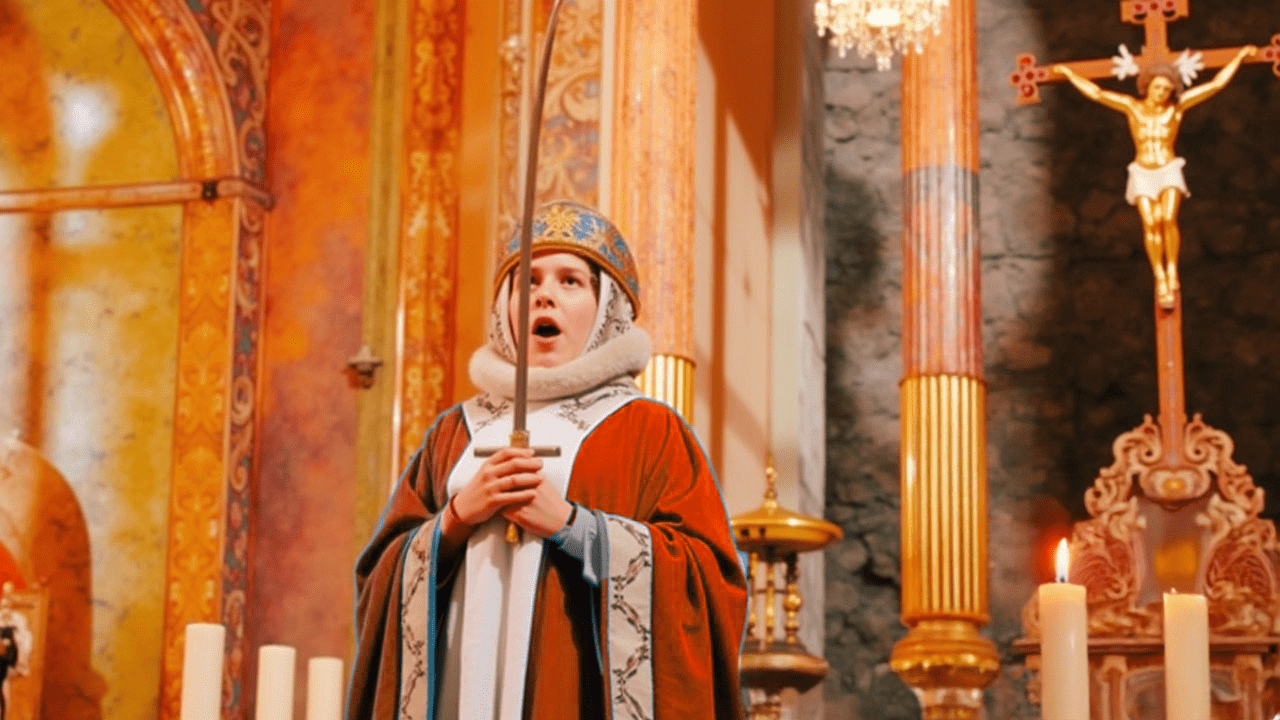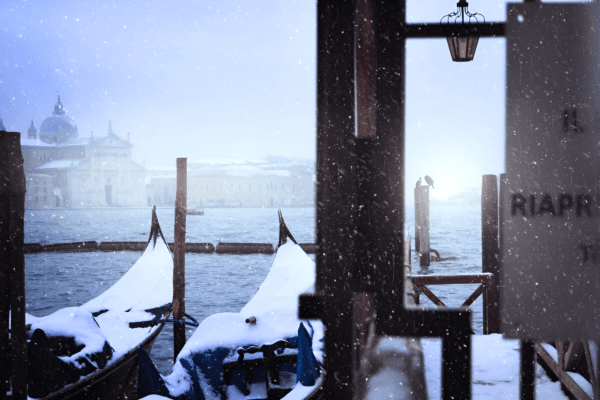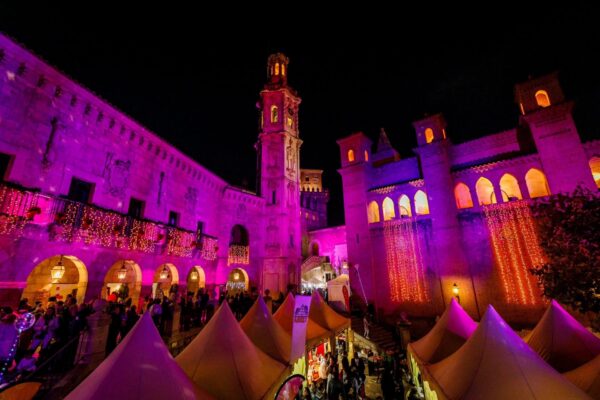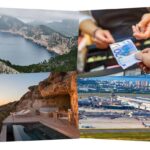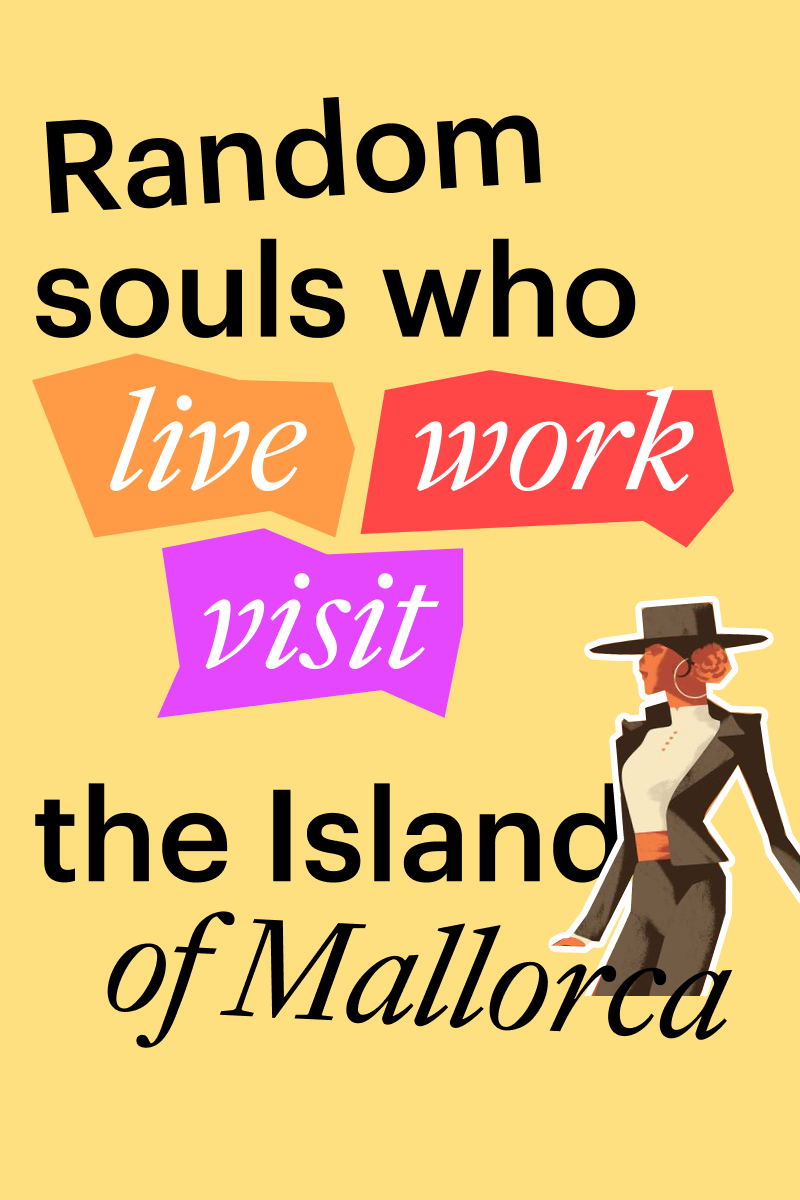Virginia Moll, founder of the communications agency La Indis and a passionate blogger, is making waves both locally and internationally. Through her creativity and drive, she has carved out a unique space in the world of media, and her recent campaign, “Don’t Tag this beach, Bitch!”, has raised eyebrows and sparked conversation. The campaign highlights the importance of sustainable tourism in Mallorca, urging tourists to protect the island’s hidden gems by keeping them off social media. In this interview with Humans of Mallorca, Virginia opens up about her roots, her journey to creating her agency, and what true happiness means to her.
Where were you born?
I was born on October 16 in Palma. I think it was Wednesday. My mother says I was a breech baby and she always told me that it was a sign of good luck… Truth be told, though, I have the feeling that a lot of the luck hasn’t rubbed off!.
Where did you study?
I studied in Mallorca.
What did you want to be when you were little?
When I was little, I wanted to be a mother.
Who are your parents?
My parents are Ángeles and Matías. They separated when I was 13 years old, but I don’t know anyone who has separated in such a nice way. We celebrate Christmas and other big holidays together.
What did they give you in life? What are you grateful for?
I’m actually learning more from my parents now than when I was little. With my mother, for example, I’ve learned that she is not afraid to learn. I’m proud of her and that women of her generation today are keen to learn… or unlearn things that they took for granted, in matters of feminism, for example.
My father knows everything. I have learned a lot from him. I didn’t need to read when I was little because he explained to me all the plots of all the books he liked the most.
Where do you live now and why do you like this place?
I live in a town in the middle of the island, in Binissalem. It was clear to me that I wanted my children to grow up in a small town so they could have a childhood of riding a bike, playing in the street… Things that in the city are unthinkable.
How did you choose your profession? Why?
I think the profession chose me. I have always liked writing and I have been creative, and so I started creating things for brands without knowing that this job had a name or that it even existed.
Tell me a little about your career: what was your beginning and how did you become a professional?
I started working at a local radio station and fell in love with the media. Later I started collaborating with companies and brands that asked me to write for them… And that’s how it all started. I started out as a freelance copywriter about 12 years ago and today, I have my own communications agency: La Indis — www.laindis.com
What was your first big break?
No, I don’t actually remember. I think that success is relative and somewhat capricious because when you reach a goal, you’re already thinking about the next one. I like the success of small things like being able to sleep peacefully at night and taking my daughter to school. Success for me is also being able to stay home when one of my children is sick.
What are you most proud of? Why?
I am very proud of the family I have — at home and at the office. I am very proud of the people who work with me, honestly. Without them I wouldn’t be able to answer this interview.
What difficulties did you face?
I think, at a professional level, that there are many difficulties in being able to create a company without help and from scratch. These are difficult times for the self-employed. On a personal level, too. It’s hard to strike a happy work/ life balance, it’s hard to have a family without giving up your professional career.
There is also the difficulty of simply being a woman. We still have to prove that our ideas are relevant or that they are good. It’s harder for us to get heard in the profession.
Were there situations in your life when you couldn’t see a way forward?
When things didn’t work out in my previous company, I had a pretty bad time. It was a hard blow for me not to have tools to get out of the hole. Nothing made sense and I felt like I was trapped in a simulation because the situation was so difficult that it didn’t seem real either.
How did you end up in this situation?
Because I didn’t know how to set limits and because I wanted to please everyone… Which is something I am also working on. The fear of not being liked haunts me and of being judged, too.
How did you overcome all this? What or who helped you?
I got out and I am still getting out thanks to my husband and my therapist. I continue to go to therapy, and it helps me a lot to have tools to be myself without getting hurt and without hurting others.
What conclusions did you draw from this?
That no one is safe from suffering from depression. I always thought (wrongly) that people should dig themselves out of the hole… Until it happened to me, and I understood that, although the solution is in you, there is nothing you can do without professional help.
I am aware of the privilege that it is to go to therapy and be able to pay for it. Social security should get its act together in this regard because mental health is the most important thing in people’s lives.
What do you think of the protests against tourists in Mallorca?
I support the protests but I don’t think they are against tourists, per se. In my case, what I’m against is the tourism model.
Obviously, the island lives in part from tourism but I also think that it is because we have put all our energy into making it so. The island used to have industry and actually used to produce things such as wool, carob, almonds and other things that we have begun to value today, thanks to initiatives such as Llanatura or Es Garrover de Mallorca.
So, tourism yes, but let’s be smart about it. I don’t think that tourists want to see a place totally overwhelmed either. I don’t think that they’re going to enjoy a holiday where they feel cheated that what they’ve seen in the photo doesn’t match reality. I also think that if tourists knew what overcrowding really means on a daily basis, they would be the first to demand from whomever is responsible the necessary measures to regulate it.
I think the island is at its limit and that drastic measures are needed to be able to coexist with tourism without the locals feeling like we are not needed.
Our campaign “Don’t Tag this beach, Bitch!” had a lot of impact nationally and internationally because we were also looking for the collaboration of tourists. It’s not that we don’t want them to come, it’s that we want them to be part of the solution too. Something as simple as not tagging all the places we go to on social media can make a big difference, so that when you want to go back, your place is still as magical as when you first visited it.
Why is Mallorca better than Barcelona or Madrid?
I am in love with Madrid and Barcelona, and I think that each city has its charms. But Mallorca is Mallorca. I grew up here. I can’t think of a better place to be, honestly.
What professional plans do you have for this year?
When you have a creative agency, sometimes the best plans don’t even exist in your mind.
But we’ve already thought about our Christmas campaign, and I hope you like it.
What is your goal in life?
I imagine it’s everyone’s goal: to be happy. But if I had to be more specific, I would say to be happy doing what I do.
How do you see Mallorca in 2030? What changes would you like to see?
I see an open Mallorca but one that’s also tired of trying to live up to all our expectations. The poor thing can’t take it anymore. I would like to see a more sustainable island where we can not only coexist, but truly live.
Text by Anastasia Barysheva
